Executive
Hamilton: insight for the Middle East
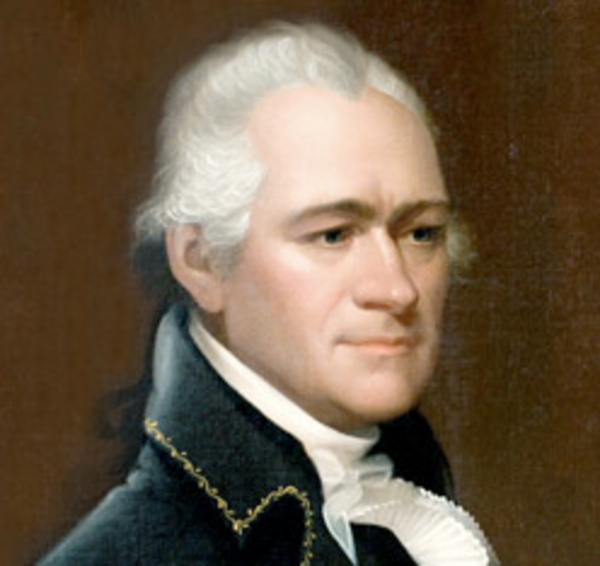
Alexander Hamilton was regarded by no less than Talleyrand as the greatest statesman of his age, greater than Pitt, Fox, and Napoleon. Hamilton was not only George Washington’s Secretary of the Treasury; he was, in effect, Washington’s “prime minister.” He penned most of Washington’s “Farewell Address,” widely regarded as America’s greatest state paper.
Hamilton’s state papers on Manufactures and on a National Bank contributed greatly to America’s ascendancy as the most powerful nation on earth. No less significant are his contributions to The Federalist Papers, whose essays on presidential government are unsurpassed in depth and clarity. Would that Israel had statesmen to articulate Hamilton’s wisdom and apply it to the reconstruction of Israel’s decrepit system of multiparty cabinet government.
How Hamilton contrasted two Revolutions
But I have another reason for speaking of Hamilton, especially now in the context of the secret war that has been going on since 1979 between the United States and Iran – Iran, the spearhead of Islamic or Khomeini Revolution, the arguably most insidious revolution in history.
Let’s first go back to 1793, when France was under the Directory, which in fact was a military dictatorship. The issue arose as to whether the United States should accord the French government diplomatic recognition.
This was a delicate issue if only because the French had helped the Americans during their own Revolution against England. Supporters of recognition had made favorable comparisons between the French and American revolutions.
Hamilton lays it on the line
Hamilton the political realist opposed recognition on grounds of morality. In a memorandum to President Washington dated May 18, 1793, he wrote:
The cause of France is compared with that of America during its late revolution. Would to Heaven that the comparison were just. Would to Heaven that we could discern in the mirror of French affairs, the same humanity, the same decorum, the same gravity, the same order, the same dignity, the same solemnity, which distinguished the course of the American Revolution. Clouds and darkness would not then rest upon the issue as they now do.
I own, I do not like the comparison. When I contemplate the horrid and systematic massacres. When I observe that a Marat and a Robespierre, the notorious prompters of those bloody scenes, reign triumphantly in the Convention. When I see … the sword of fanaticism … passion, tumult and violence usurping those seats, where reason and cool deliberation ought to preside, I acknowledge, that I am glad to believe, there is no real resemblance between what was the cause of America and what is the cause of France—that the difference is no less great than that between Liberty and Licentiousness.
I regret whatever has a tendency to confound them, and I feel anxious, as an American, that the [agitations] of inconsiderate men may not tend to involve our Reputation in the issue.
The issue here was not a matter of recognizing a gang of terrorists like the PLO, but one of recognizing a sovereign state. To this Hamilton said “No.” (Editor’s note: see also this treatment of the wider campaign by Hamilton to keep the United States out of the wars Revolutionary France had plunged themselves into.)
If Hamilton judged the Middle East today
Suppose, therefore, that Hamilton were alive today. Imagine what he would think of those who want the US to reestablish diplomatic relations with Iran, who’s Mullahs scream “Death to America!”
On the other hand, what would Hamilton think of Prime Minister Benjamin Netanyahu who is anxious to pose and prattle with Mahmoud Abbas, an Arab thug wearing a tie?
In 1793, in Hamilton’s time, the United States was not a major power. Today, when America is the world’s only superpower, its President behaves like a poltroon, while his Secretary of State traverses a lucrative lecture circuit as a political propagandist or dissembler.
Hamilton v. Obama
Alexander Hamilton, who had four horses shot from under him during the American Revolution, refused to accept a military pension, feeling it would be demeaning to his manhood and patriotism.
Is there a man and patriot in the Congress of the United States who will stand up and tell the American people the ugly truth about the Enemy-in-Chief of that glorious Revolution – someone who will not cease telling the truth about that enemy until he is removed from office so that none like him will follow?◙
-
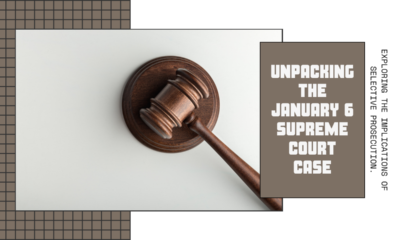
 Executive1 day ago
Executive1 day agoJanuary 6 case comes down to selective prosecution
-

 News1 day ago
News1 day agoRolling the Dice on Republicans: Has the Right Become Delusional?
-
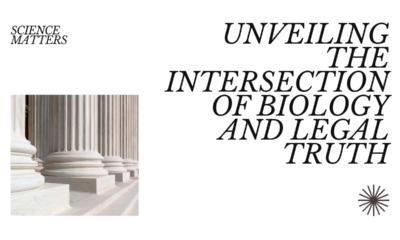
 Civilization1 day ago
Civilization1 day agoBiology, the Supreme Court, and truth
-
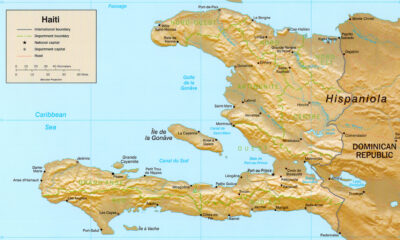
 Civilization12 hours ago
Civilization12 hours agoPresident Biden Must Not Encourage Illegal Mass Migration From Haiti
-

 Executive14 hours ago
Executive14 hours agoWhy Fatal Police Shootings Aren’t Declining: Some Uncomfortable Facts
-

 Entertainment Today15 hours ago
Entertainment Today15 hours agoWaste of the Day: Throwback Thursday: Millions Went To Video Game ‘Research’
-

 Guest Columns13 hours ago
Guest Columns13 hours agoWhat Was Won in No Labels’ Crusade
-

 Constitution13 hours ago
Constitution13 hours agoEquality Under the Law and Conflicts of Interest in New York








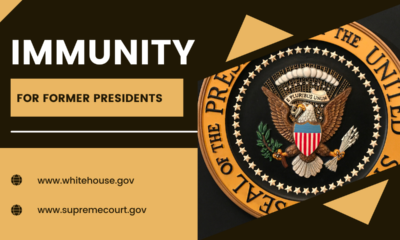



Jan Nyce liked this on Facebook.